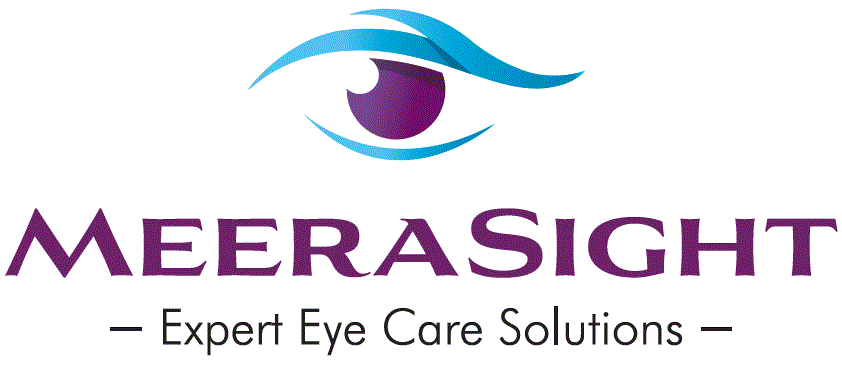The eyes are among the most sensitive organs of the body and are considered to be one of the most important senses. Despite this, taking good care of our eyes is often ignored, resulting in many people losing their sight and needing glasses.

Updated: Apr 25, 2020


コメント